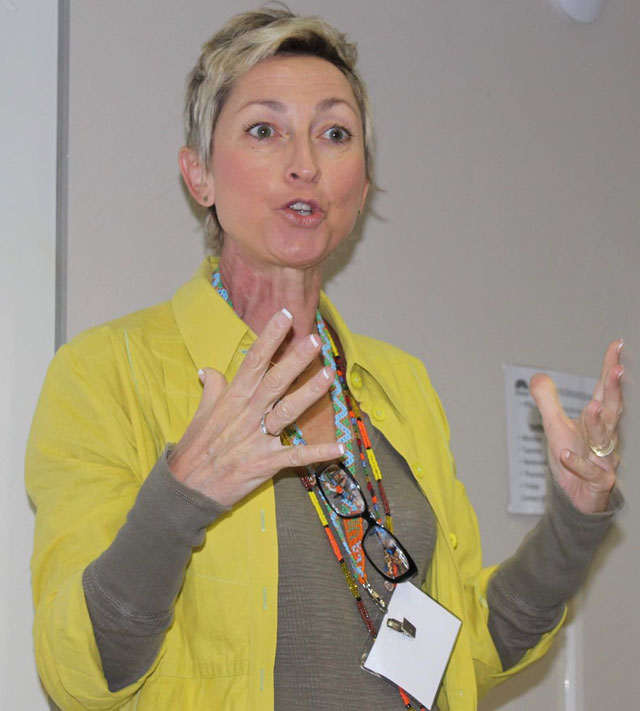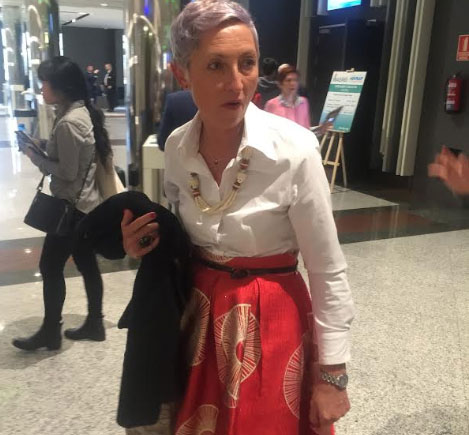
Scientists explain why they haven’t found an HIV vaccine yet
Madrid, Spain | FLAVIA NASSAKA | A global HIV conference opened on Oct.22 in Madrid, Spain bringing together researchers to discuss strides made in prevention of infections.
Dubbed HIV Research for Prevention (HIVR4P) 2018, the week long event which happens every two years will focus on several new prevention innovations. The new innovations are Pre-Exposure Prophylaxis (PrEP) which involves giving HIV drugs to negative people at risk of infection as prevention, progress on the search for the vaccine, treatment as prevention and microbicides such as the ARV laced vaginal ring, implants among others.
Commenting on PrEP, San Francisco based researcher Susan Buchbinder said presenters will give updates on retention on PrEP, its impact so far and the inject able PrEP – carbortagravir which has not yet been rolled out in some places especially in Africa.
Speaking at the opening press conference on Monday, Jose Alcami one of the event’s organizers said the conference will provide an opportunity for researchers to share notes on especially what’s happening in as far as finding a vaccine is concerned.
Alcami who is also a researcher at the Instituto de Salud Carlos III in Spain said while research into finding a vaccine started as early as 1987 in the early days of the virus, they haven’t found one yet but they have rather learnt from their failures and now know why the prototypes proposed earlier failed.

Researchers say, HIV unlike other viruses can survive in almost any organ in the body and tend to hide in a person’s DNA which makes it difficult for most treatments to to attack it.
Currently however, there are two major vaccine trials happening in South Africa – the HVTN 702 and HVTN 705 whose results are expected in 2020 and 2021. It’s these results that will determine whether we will have a vaccine soon or not, experts say.
Dr. Linda – Gail Bekker, a South African researcher who was awarded the Desmond Tutu Prize for HIV Prevention and Human Rights at the conference says while there is real hope about the discovery of the vaccine, scientists should address several challenges. She said the challenges include filling the gap in mixing and matching vaccine components and that vaccine candidates face a complex and uncertain path to the market.
She also noted that there has been stagnant funding yet scientific advances need huge financial investment. Currently, $894million is invested in vaccine development globally.
READ: South African HIV scientist Professor Linda-Gail Bekker was awarded the 2018 Desmond Tutu Award for HIV Prevention Research and Human Rights last night (21 October) at a conference in Madrid, Spain, https://t.co/3Ki0DST1Ok pic.twitter.com/4dFhy8I5vg
— Health-e News (@HealtheNews) October 23, 2018
RELATED STORY
New #AIDs vaccine trials give hope to scientists | June 11, 2018 | https://t.co/z1DttRqdNa pic.twitter.com/gZL2s6VXIs
— The Independent (@UGIndependent) October 22, 2018
 The Independent Uganda: You get the Truth we Pay the Price
The Independent Uganda: You get the Truth we Pay the Price



